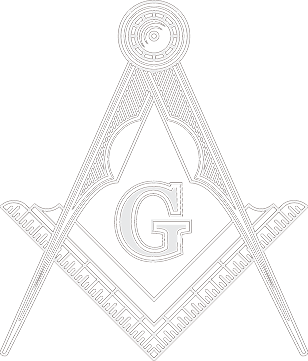WHAT IS FREEMASONRY ?
Freemasonry is the world’s largest secular, fraternal and charitable organization. It teaches moral lessons and self knowledge through participation in a [progression of allegorical plays lnown as Degrees
ARE YOU A SECRET SOCIETY ?
We are not. There are aspects to Freemasonry however that are kept and taught to only those who go through the initiations and ceremonies so as to keep them in a proper perspective and context of meaning. These aspects are not “secrets” but instead knowledge that is best communicated in a specific and concise manner.
WHAT HAPPENS AT A LODGE MEETING?
Basically two things occur: business and (perhaps ‘or’) ritual degree work during which a candidate is received into membership.
Meetings are begun with ceremony: members don their Masonic regalia and a standard protocol is recited. Meetings conclude in similar fashion: recitation of memorized ritual and a prayer.
Finally there may be a meal – full or simply snacks – served either before or after the meeting.
WHY DO YOU WEAR REGALIA?
Wearing regalia is historic and symbolic and like a uniform, serves to indicates to members their ranking in the organization.
HOW MUCH DOES IT COST TO BECOME A MASON ?
There is an initiation fee when you join and each lodge charges an annual dues to cover its running costs.
Suffolk 60 normally offers a meal on the 1st meeting of a month, with the cost depending on the meal served. However, there is no requirement to attend the dinner if you are unable to. You will also be expected to wear a dark suit, white shirt, and black, or other suitable, tie and in due course you may desire to buy your own regalia.
Members are invited to donate to charity, but this should always be within your means and it is entirely up to you how much you wish to contribute.
Costs can vary considerably from lodge to lodge, particularly for the dining, and your proposer, interviewers and mentor should make them clear to you before you join.
IS FREEMASONRY A RELIGON?
All Freemasons are expected to have a religious belief, but Freemasonry does not seek to replace a Mason’s religion or provide a substitute for it. It deals in a man’s relationship with his fellow man not in a man’s relationship with his God.
